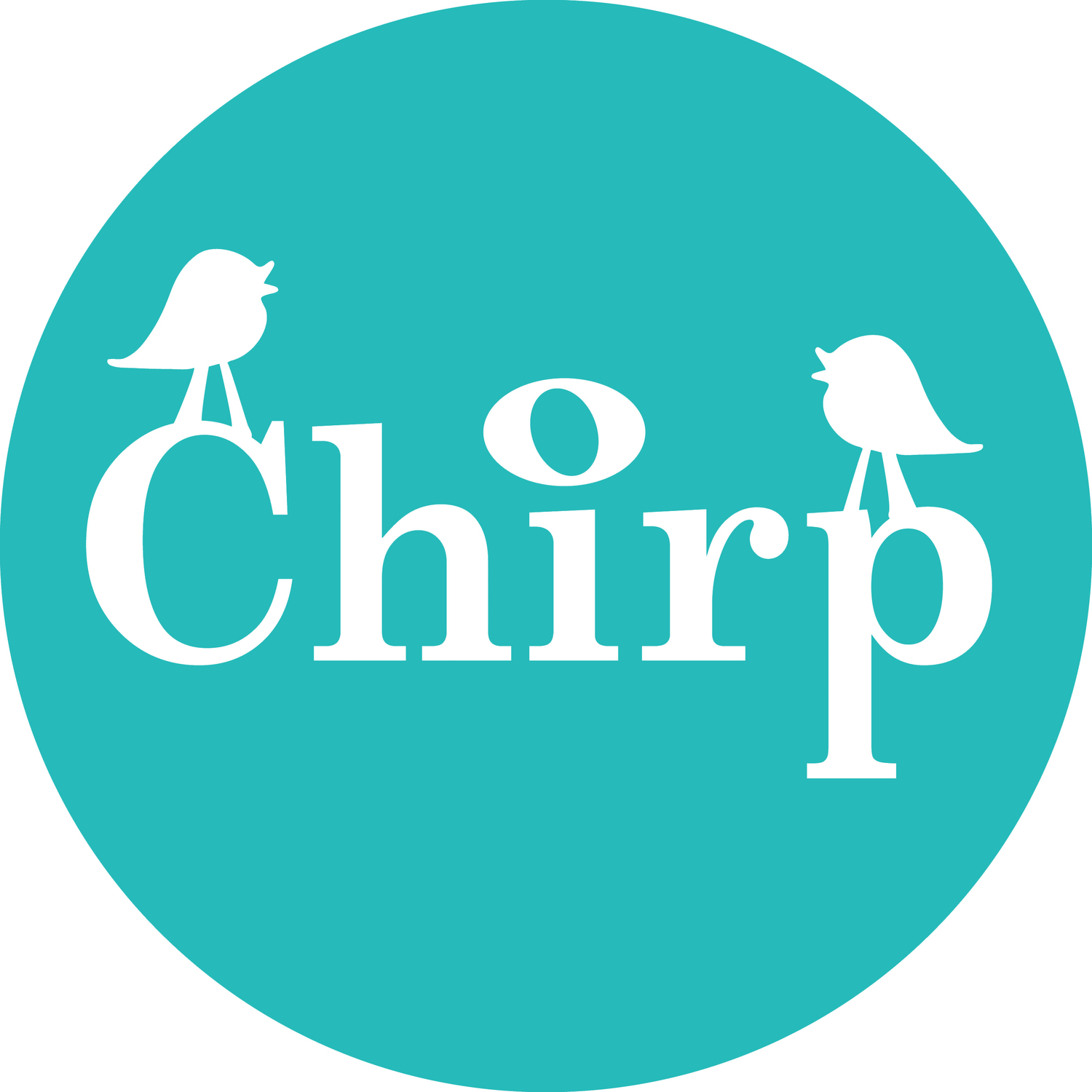I'm back. Will there be more in the new year? Who knows? Although what I already know has actually been much on my mind of late.[1]
And from a few recent chats, it seems l’m not alone:
A friend just resisted a stonking promotion because they already know they want to leave and start something new
A client realised they already know it’s a certain attitude that’ll help them manage a nerve-crushing event, not the content or politics[2]
I discovered that I already know what do with a new product, having inadvertently done the thinking for something else[3]
Cue much cock-a-hoop bragging about how marvellous we are. So astute! So abundant in self-knowledge! So... Etc.
BUT: a dastardly fly in the ointment
Over the years I’ve reinvented the proverbial wheel alarmingly, laboriously often. I’ve realised a touch too late that the thing-I’ve-spent-hours-thinking-through is actually the same thing-I-spent-hours-thinking-through a few months ago. I’ve forgotten that something over there could, with a few tweaks, be quickly applied over here. I’ve even written the same blogpost. My least favourite task. TWICE.[4] (So. Many. Eye-rolls.)
And based on those recent conversations, it seems I’m not alone. Because tucked in amongst our self-congratulation was a slightly sheepish realisation. It turned out there was a quite a lot stuff we’d forgotten we already knew. Or simply dismissed, or ignored.
Three reasons we keep reinventing the wheel
Why do we start afresh when we don’t really need to? Well, probably lots of reasons. But here are three I regularly encounter – for myself as well as my clients:
Successful people tend to shove success round the next corner[5]
So when stuff goes well you simply say: NEXT! And don’t pay attention to what actually worked, what helped it to work, and what could potentially be extracted, tweaked and applied elsewhere. (Unlike when stuff goes wrong. And sure, you can learn from mistakes, but it’s a bit half-arsed to forget the triumphs.)Everyone is reeeeally busy, with much dashing from one thing to the next to the next[6]
So you don’t give yourself the fast feedback that would help you pin down your lightening flash realisations.[7] And that makes it So Much Harder to remember what you’ve learned and what you could simply adapt and apply.Its rewards might be rich, but self-reflection is hard work and feels like a time suck
So most people a) don’t do enough of it, b) don’t get curious enough, and c) don’t get curious about enough stuff.[8] Like accidents. That inadvertent innovation, or unexpected learning. Lots of useful, reusable stuff can pass you by simply because you never intended it to happen. It was barely noticeable at the time and, unless you make the effort, you’ll remain in not-so-blissful ignorance afterwards.
Also… a fourth
There is something rather exciting about the new. At least for me. I love the WHOOSH! of ideas. The wondering-imagining-figuring-out. The sheer captivation of a fresh challenge. But still, everything is a continuance of something. Probably.
How not to dismiss what you already know
Get curious about it
What have you discovered this year – about yourself, your work, the world, how you engage with it, something else altogether?Capitalise on it
What could you apply where, whether as a one-off or as a system or format? (Love a spot of Format Thinking.[9]) And don’t forget to sweat the small stuff: what are the bits of things you can borrow, adjust, adapt and apply?Test—learn—adapt
Know what you already know? Marvellous, well done you. But it’s only useful if you actually... use it. So test it out: where will you apply it, what do you notice, which tweaks do you need, when?
Yep, it takes some thought and effort. And who has time for that? Except that using what you already know leaves you more time and energy to figure out the stuff that really is enticingly, excitingly new.[10]
Got your own examples? Drop me a line and tell me! I’d love to hear ‘em, if you’re willing to share. (I’m nosey. I’m bored of my own. Etc.) Or check out my 5 impertinent questions below to spark a few ideas.
Keen to get curious and fancy a spot of help?
Get intensely curious about who you are, who you’re not, and what actually matters with Impertinent Questions. My nosiness meets your context in a 30-second read each weekday for a month.
Get curious with The Curious Leader newsletter direct to your inbox. Longform, practical, personal opining on curiosity in leadership. Like this on owning your success, or this on busting that pesky FOBFO.








